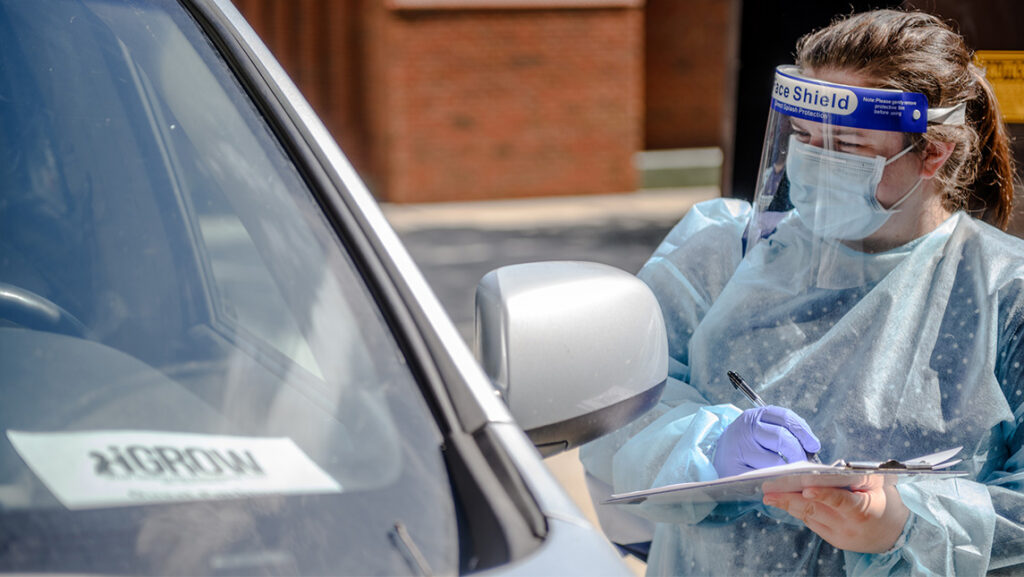 Dr. Christopher Kepley (Joint School of Nanoscience & Nanoengineering) received new funding from the UNC-CH Thurston Arthritis Research Center for the project “Glycolipid-Mediated Allergy Effector Cell Activation in Alpha-Gal Allergy.”
Dr. Christopher Kepley (Joint School of Nanoscience & Nanoengineering) received new funding from the UNC-CH Thurston Arthritis Research Center for the project “Glycolipid-Mediated Allergy Effector Cell Activation in Alpha-Gal Allergy.”
Alpha-gal mammalian meat allergy is a novel food allergy associated with tick bites and specific IgE antibody to the oligosaccharide galactose-a-1,3-galactose (alpha-gal). Alpha-gal food allergy challenges the current paradigm for food allergy because reactions are usually delayed 3-6 hours following red meat ingestion; IgE antibodies form against a carbohydrate moiety rather than a protein; and the allergy can develop in adulthood after many years of safely tolerating red meat.
The lipid content of ingested meat appears to impact reaction consistency and severity. Immunogenic lipids complexed with the lipid antigen presenting molecule CD1d influence cytokine production by professional antigen presenting cells (APCs) and unconventional T cells like natural killer T (NKT) cells. Our preliminary results suggest that alpha-gal-specific (s)IgE binds mammalian glycosphingolipids complexed with CD1d and that alpha-gal-containing glycolipids can activate basophils sensitized with alpha-gal-sIgE.
Thus, we hypothesize that glycolipids are involved in the effector phases of alpha-gal
mammalian meat allergy. This proposal seeks to demonstrate glycolipid-mediated allergic effector cell activation in alpha-gal allergy. Proposed studies will provide mechanistic insight into the effector phase of alpha-gal allergy; generate novel reagents with potential use as diagnostic tools in patients with alpha-gal syndrome; and optimize in vitro models of alpha-gal allergy that can eventually be used to flesh out mechanisms of pathogenesis and test potential therapies.


